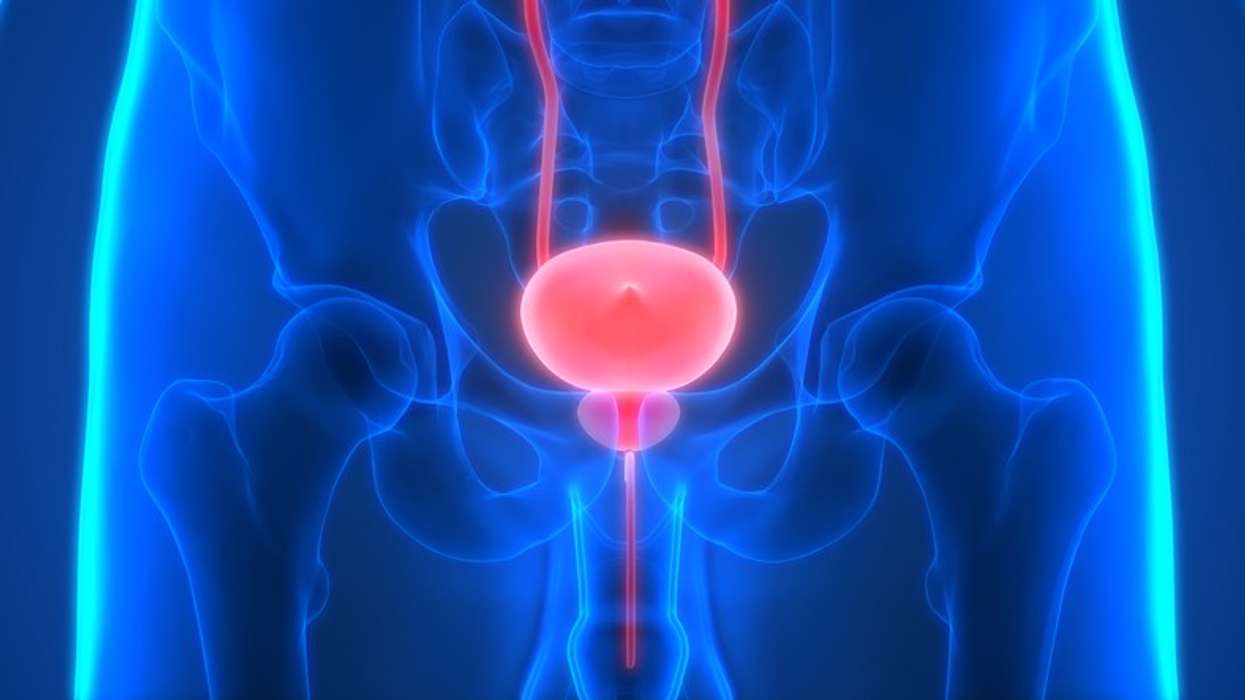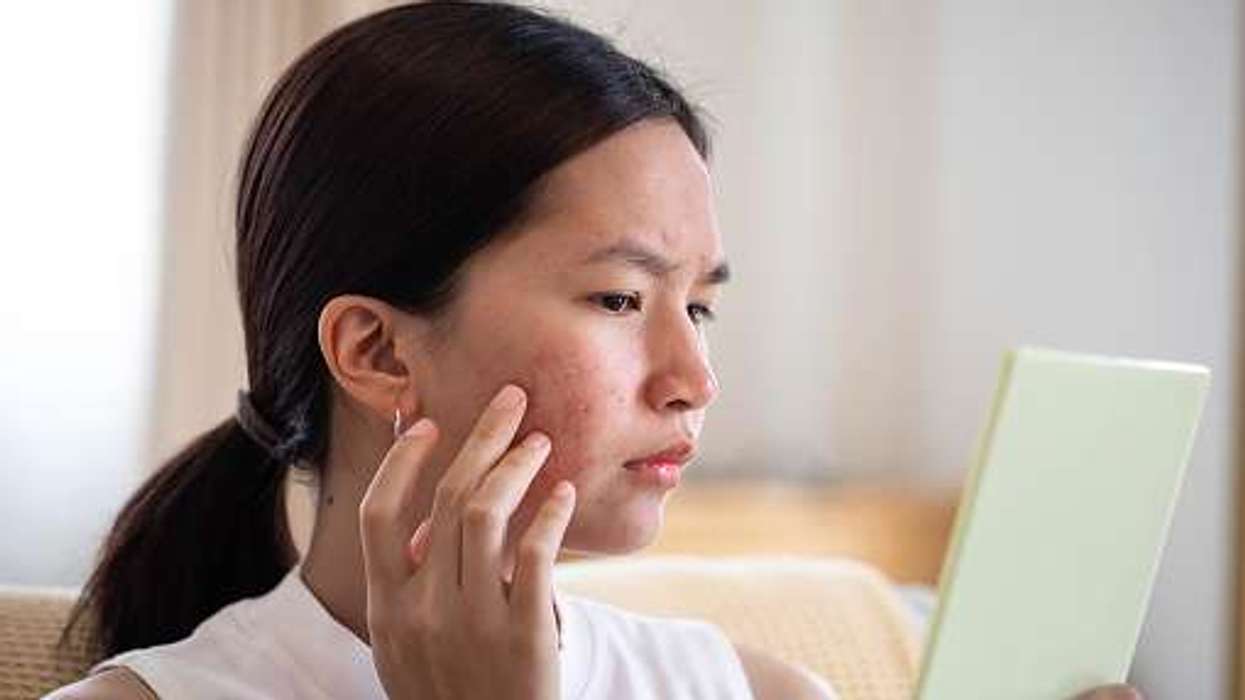Allergic diseases such as asthma, atopic dermatitis and hay fever do not cause the onset of mental health conditions or vice versa, according to the findings of a new University of Bristol-led study.
The results of the study were published on Tuesday (October 6) in the journal 'Clinical and Experimental Allergy'.
While previous studies have reported an observational relationship between mental health and common allergic diseases, until now, causal relationships had not yet been identified.
Researchers from Bristol Medical School investigated whether allergic diseases actually cause mental health traits including anxiety, depression, bipolar disorder and schizophrenia or vice-versa.
First, they sought to isolate the effects of these allergic diseases by applying a scientific technique called 'mendelian randomisation', which allowed them to identify genetic variants linked to these allergic diseases and then investigated how these variants were causally related to the presence of mental health conditions based on a sample of 12,000-344,901 individuals.
Although researchers identified observational associations between allergic disease and mental health traits, these were not replicated in the team's causal analysis.
Little evidence of a causal relationship between the onset of allergic disease and mental health was found, suggesting that the observational associations found were due to confounding or other forms of bias.
The authors conclude that intervening on the initial presentation of allergic disease is unlikely to improve mental health outcomes. Likewise, preventing the onset of mental health traits will unlikely reduce the risk of allergic disease.
However, further research is required to investigate whether intervening on the progression of allergic disease after onset has any causal impact on mental health.
Dr Ashley Budu-Aggrey, senior research associate and the study's lead author said: "Common mental health disorders such as anxiety and depression are some of the largest contributors to the global burden of disease and the prevalence of these and allergic disease has been increasing for some time.
Disentangling the nature of the relationship between allergic disease and mental health helps answer an important health question and suggests that the onset of allergic disease does not cause the onset of mental health traits or vice versa."
According to added Dr Budu-Aggrey this does not rule out a potential causal effect upon the progression of disease which is yet to be investigated and could help uncover novel treatment strategies for allergic disease or mental health traits.
Senior author Dr Hannah Sallis added: "The research used a combination of approaches and data from several studies.
"This helps to strengthen our confidence in the findings. Establishing whether allergic disease causes mental health problems, or vice versa, is important to ensure that resources and treatment strategies are targeted appropriately."











